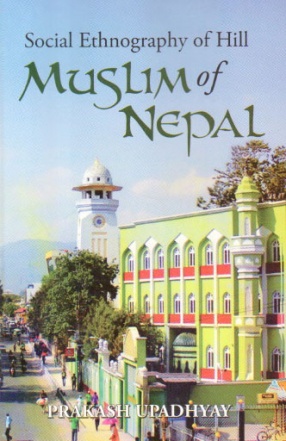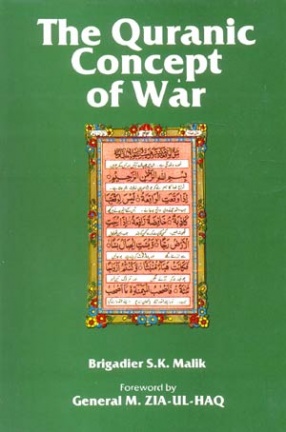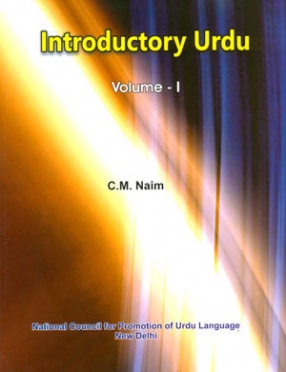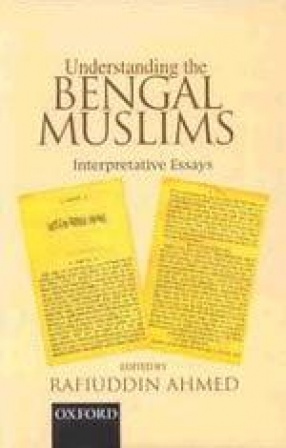Social Ethnography of the Hill Muslims of Nepal
This book is social-ethnographic study of the society and culture of hill Muslims called Churoute in Nepali language meaning bangle sellers of Nepal among whom the strict Islamic religious credo and centuries old social exclusions is creating a dilemma of poverty amidst plenty of human and natural resources. Owing to this the Muslim masses are unable to fulfill their basic needs easily and are unable to escape from fatalism and culture of poverty cycle. The lack of adequate inclusion of Muslims in institutional stake has helped maintain the gap between people, the institutions and mainstream. Poverty and vulnerability has continued to transmit through generations. Consequently the hopes of modernization has been restrained under the vicious cycle of social-economic chauvinism, failure to raise social-economic status has led to isolation from the mainstream society, and a condition of pauperization is emerging, preparing a ground for the conversion of Muslims into waged people proletariat under a fast process of proletariatisation and their mass migration for jobs in gulf countries. This is ultimately costing high for the whole Nepali society—Muslims loosing interest in legal and Nepalese administrative systems, health/education etc and is aiding in preparing the ground for the rise of Islamic fundamentalism in the hills of Nepal. Based on the theoretical frame of Marxist anthropology the book calls for understanding the importance of the process of social inclusion and responding to Nepal’s diversity by carrying out an examination through ethnographic lens ethnicity/caste, religion, and regional identity. This will potentially facilitate in understanding the sentiments of the religious minority groups which will accordingly trim down the budding tensions and ethno-religious conflicts.
Get it now and save 10%
BECOME A MEMBER







Bibliographic information